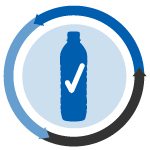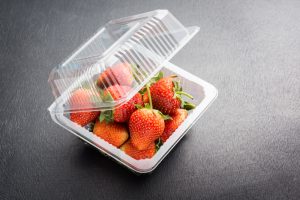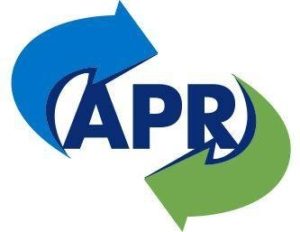 A major manufacturer of recycled-content fabrics has received the go-ahead from the U.S. Food and Drug Administration to create rPET for food applications.
A major manufacturer of recycled-content fabrics has received the go-ahead from the U.S. Food and Drug Administration to create rPET for food applications.

 A major manufacturer of recycled-content fabrics has received the go-ahead from the U.S. Food and Drug Administration to create rPET for food applications.
A major manufacturer of recycled-content fabrics has received the go-ahead from the U.S. Food and Drug Administration to create rPET for food applications.
 Ikea and an Italian partner have developed a recycled PET foil, which is being used in kitchen cabinet fronts.
Ikea and an Italian partner have developed a recycled PET foil, which is being used in kitchen cabinet fronts.
Labels and packaging company Avery Dennison has expanded the options available to converters and brand owners looking to put recycling-friendly pressure-sensitive labels on PET containers. Continue Reading
 Unifi’s new PET recycling plant uses advanced dry de-labeling equipment and a host of optical sorters to generate a clean feedstock for fiber manufacturing. Continue Reading
Unifi’s new PET recycling plant uses advanced dry de-labeling equipment and a host of optical sorters to generate a clean feedstock for fiber manufacturing. Continue Reading
 International packaging producer Sonoco will spend $230 million to purchase a major recycled-content thermoforms manufacturer.
International packaging producer Sonoco will spend $230 million to purchase a major recycled-content thermoforms manufacturer.
Montreal-based Loop Industries is working to commercialize its heatless, pressureless PET depolymerization technology after raising millions of dollars from investors earlier this year.
 Prices for U.S. Food and Drug Administration-sanctioned clear PET pellets moved up a penny last week to 58 to 59 cents per pound on the U.S. East Coast. That upward momentum corresponded with a strengthening in the prime PET market.
Prices for U.S. Food and Drug Administration-sanctioned clear PET pellets moved up a penny last week to 58 to 59 cents per pound on the U.S. East Coast. That upward momentum corresponded with a strengthening in the prime PET market.
 Prime and rPET prices have been rising in January, responding to higher feedstock costs and stronger end-user demand.
Prime and rPET prices have been rising in January, responding to higher feedstock costs and stronger end-user demand.
 A months-long string of rising prices for recovered plastic packaging has continued into February.
A months-long string of rising prices for recovered plastic packaging has continued into February.
 As plastic packaging continues to evolve, so too will the testing protocols used to determine recyclability, according to the Association of Plastic Recyclers.
As plastic packaging continues to evolve, so too will the testing protocols used to determine recyclability, according to the Association of Plastic Recyclers.
